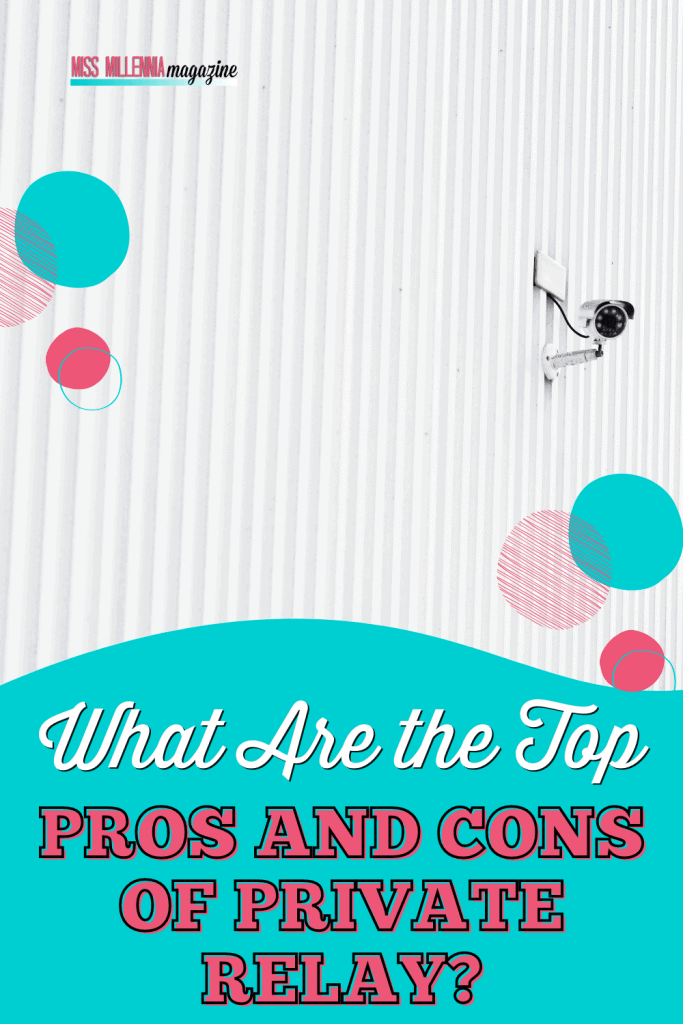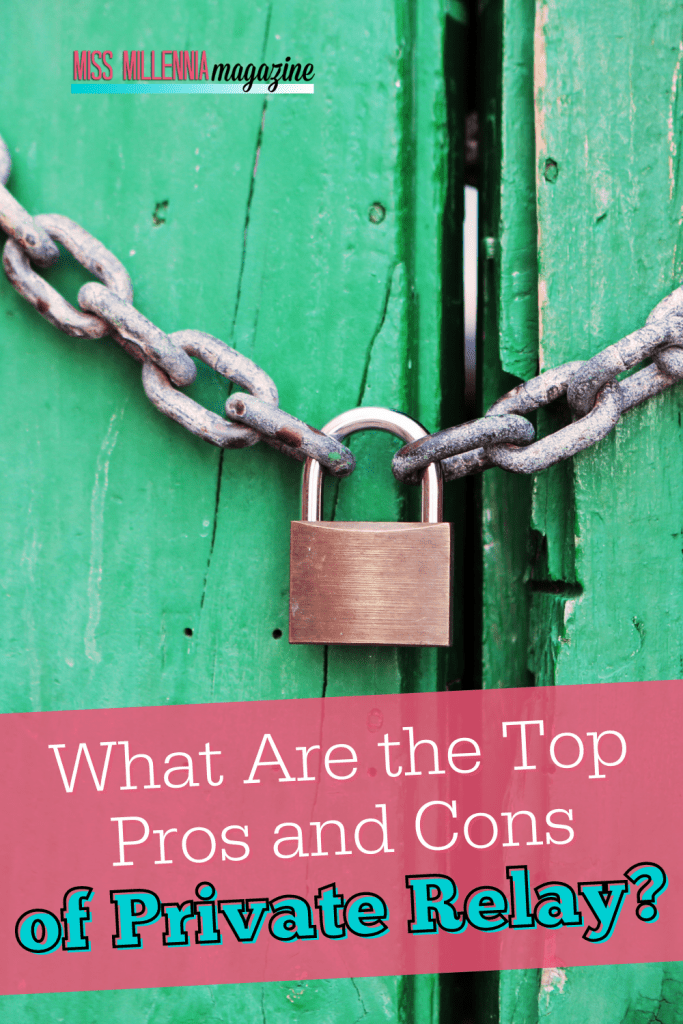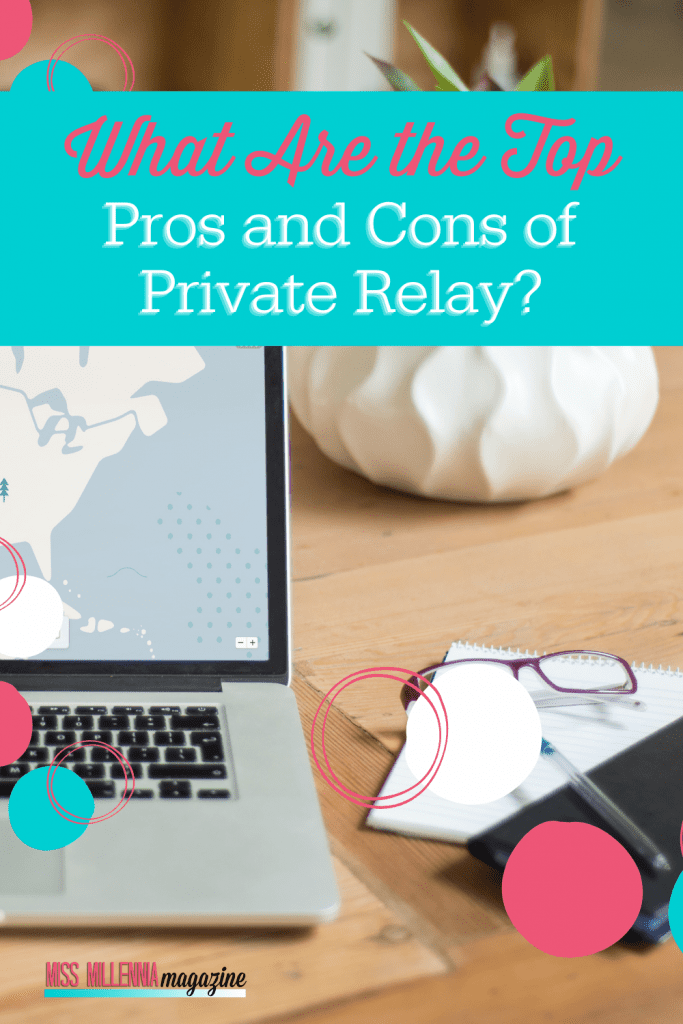What Are the Top Pros and Cons of Private Relay?
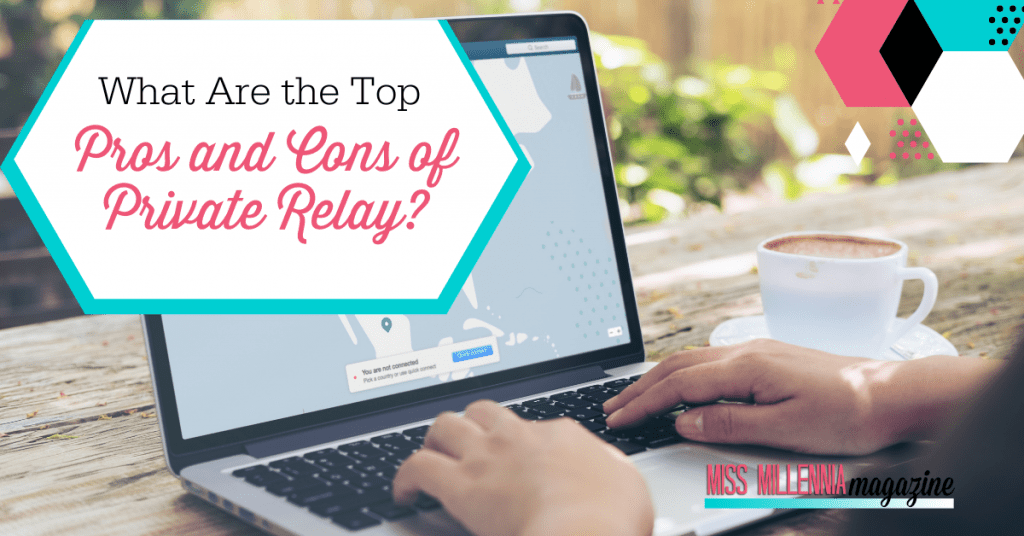
Most people think more about their online security and privacy than ever before. In response, Apple recently announced the introduction of the iCloud Private Relay. iCloud Private Relay is intended to extend more privacy and protection to users, and some compare it to a VPN.
Private Relay was unveiled at the Apple Worldwide Developer Conference in June 2021 as a new iCloud+ service. The service is available to Mac, iPad, iPhone, and iPod users with paid iCloud subscriptions.
It adds security to the Safari web browser by masking IP addresses and encrypting traffic. The following are some of the critical things to know about the offering and some of the pros and cons of using it.
In Short Words:
- Pros: iCloud Private Relay enhances privacy by encrypting Safari traffic and masking IP addresses.
- Cons: It only works with Safari, lacks geo-blocking, and offers limited coverage compared to full VPN services.
The Basics
Apple describes iCloud Private Relay as a way to connect to any network and browse with Safari more privately and securely. Traffic leaving your device is encrypted, so it can’t be intercepted and read.
Your requests are sent through two relays. As a result, no one, including Apple, can use your IP address, location, or browsing activity to create a detailed profile about you.
Some people have described it as a VPN, but Apple says that’s not the case because there are some distinctions, which we detail below.
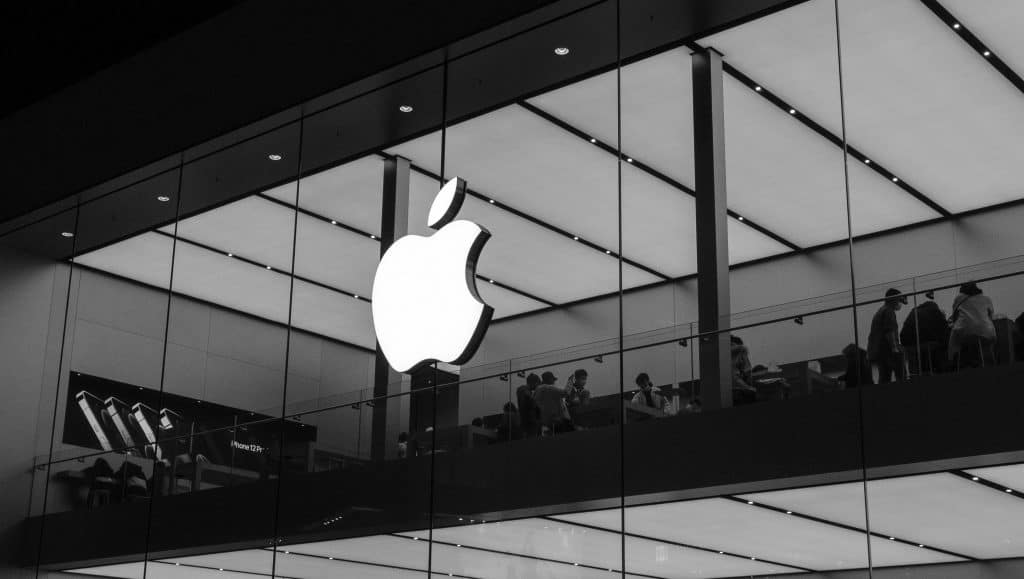
The service is similar to what other browsers, such as Opera, have been offering for some time.
There’s limited coverage, and Apple always skins the user’s IP address when requesting.
On the other hand, a virtual private network (VPN) is software you install on your device. Once you install it, it connects you to a back-end service.
The back-end service has private servers worldwide, giving you an encrypted Internet connection.
The Pros of Private Relay
The top reason you might use Private Relay is that it protects you when browsing online. It also adds protection to the traffic that’s generated by apps you’re using.
This means apps aren’t accidentally leaking your information or exposing you to cyber fraud or security risks.
It also means you have better protection against being tracked by third party cookies, which can be a massive advantage for anyone with online access.
The similarities between a Private Relay and a VPN are also beneficial. For example, both mask your IP address, hiding it from internet service providers and trackers.
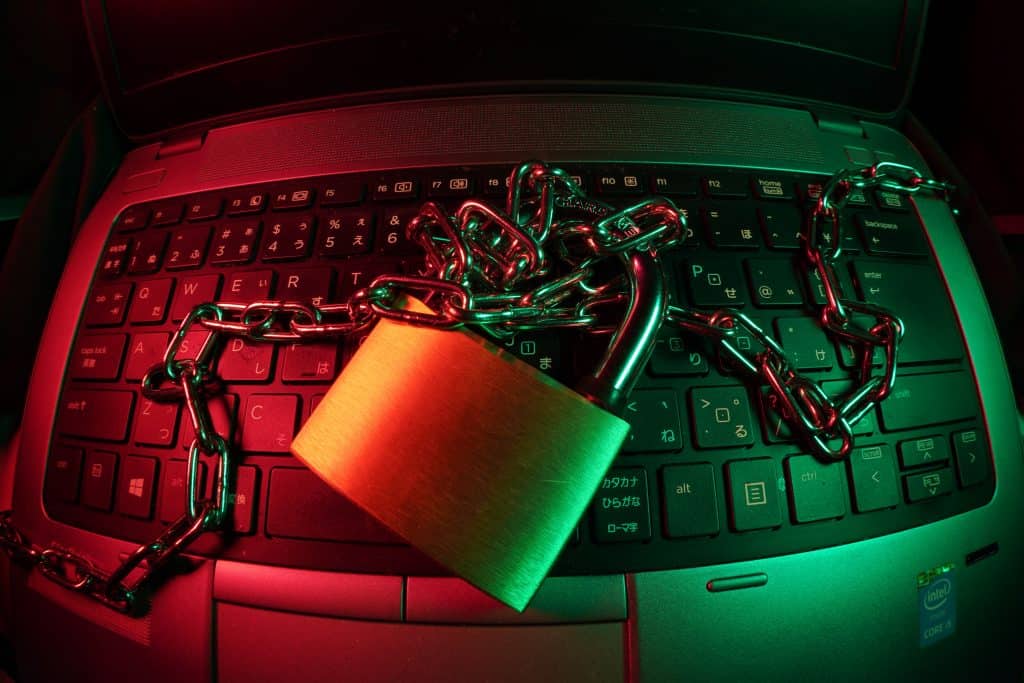
Both can unblock websites if your internet service provider blocks them.
This feature is built into the operating system, so you don’t have to log in or launch something separately when you want to use it. With a VPN, you must install a browser plug-in or an app.
However, depending on how you will use it, you may have to configure it and customize your settings.
What Are the Downsides of Private Relay?
While it’s a compelling feature, there are some downsides to be aware of, particularly when comparing it to a VPN.
The big general downside of Private Relays is that usage and applications are minimal. If you’re using any browser aside from Safari, you have no additional protection. When using anything besides Safari, the ISP has access to everything. The same applies if logged into Amazon, Facebook, or YouTube.
Since it isn’t a VPN, it will only encrypt specific data. A VPN encrypts all the data sent from the device you’re using it on. If you’re not using Safari as your default browser on your phone, then your activity isn’t covered by Private Relay.
Private Relay doesn’t allow geo-blocking, while with a VPN, you can choose an IP address from any country the VPN will provide. You can’t spoof your location with Private Relay, which is something people use a VPN for so they can do things like accessing Netflix content from the U.S., no matter where you’re located. Instead, Private Relay assigns a random IP address from your region or city.
Encrypted web traffic can be identifiable. A VPN will make websites think encrypted traffic is the same as regular traffic.
In some cases, if you have a VPN, you may need to turn off Private Relay to use it.
Finally, Private Relay is unavailable in some countries, including Belarus, Saudi Arabia, South Africa, and China. It also doesn’t bypass parental control services.
In general, Private Relay is a step forward for more mainstream data protection, but some gaps may also need to be filled.
